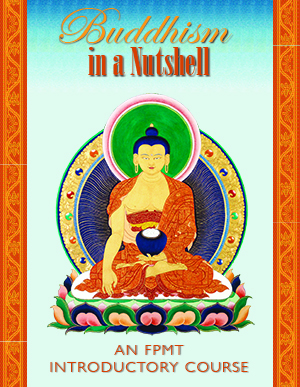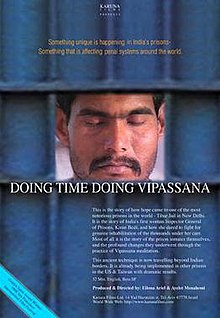윤회
| 현재 이 문서는 주로 불교에 한정된 내용만을 다루고 있습니다. (2010년 2월) |
윤회(輪廻, 산스크리트어: संसार)는 다르마 계통 종교들의 주요 교리로서, 해탈의 경지에 도달하지 못한 사람은 그 깨달음, 경지 또는 구원된 상태에 도달할 때까지 계속하여 이 세상으로 재탄생한다는 내용의 교리이다. 이 세상에서 겪는 삶의 경험이 자신의 발전에 더 이상 필요치 않는 상태 또는 경지에 도달할 때 비로소 이 세상으로의 윤회가 끝난다.
힌두교 · 자이나교 · 불교 · 시크교 등 주로 인도계 종교들에서 윤회를 믿으며 중요한 교의 중의 하나로 여기고 있다. 서양의 경우, 고대 이집트 종교 · 피타고라스 학파 · 영지주의 · 헤르메스주의 등에서 윤회를 믿었거나 믿고 있다.
힌두교와 불교에 따르면, 윤회를 부정하는 것은 인과응보 또는 원인과 결과의 인과법칙을 부정하는 것으로, 인과법칙을 부정하게 되면 인간이 도덕적 행위를 해야 하는 근거가 무너진다고 본다.[1][2] 힌두교의 윤회의 교의에 따르면, 탄생은 영혼이 육체 · 감각 기관 · 마음과 연결되는 것으로, 따라서 탄생은 새로운 무언가가 생겨나는 것이 아니라 새로운 연결을 맺는 것이며, 그리고 죽음은 완전한 소멸 또는 파괴가 아니라 영혼이 육체와 분리되는 것.[2] 힌두교에서는 이러한 윤회의 교의를 부정하는 것은 모든 사람이 카르마에 따라 정당한 과보를 받아 자신의 삶의 모습을 벌어들이게 된다는 도덕적 법칙을 부정 또는 무시하는 것이라고 본다.[2] 또한 윤회를 부정하는 것은 세상에 존재하였던 여러 위대한 성인들의 가르침을 무의미한 헛된 일로 치부하는 것이라고 본다.[2]
각 종교별 윤회[편집]
힌두교[편집]
힌두교의 교리에 의하면 해탈에 도달하지 못한 자들은 우주 안에서 끊임없이 낳고 죽기를 반복하며 윤회한다. 인간이라 하더라도 다음 생애에는 짐승으로 태어 나기도 하며 신으로 태어나기도 한다. 이러한 수없이 많은 윤회의 과정에서 사람은 한 인생을 살면서 쌓은 카르마에 의해 다음 생애가 결정된다. 다르마에 따른 삶을 살다 죽으면 다음 생애에는 보다 존귀한 카스트 출신으로 태어나지만 다르마에 어긋나는 삶을 살면 다음 생애에는 더 비천한 카스트 출신으로 태어나게 된다.
자이나교[편집]
불교[편집]
불교에 따르면, 부처의 지위("열반")에 도달하지 못한 사람의 삶은 여기에서 저기로 혹은 이곳에서 저곳으로 돌아가며 윤회를 거듭하게 된다.
윤회(輪廻)는 산스크리트어 삼사라(Samsāra: "계속된 흐름 · Continuous flow")를 뜻에 따라 번역한 것으로 윤회전생(輪廻轉生) 또는 생사유전(生死流轉)이라고도 한다.[3] 마치 수레바퀴가 회전하여 멎지 않는 것처럼 중생이 번뇌와 업(業)으로 인하여 "길 잃은 세계"(미계 · 迷界), 즉 3계(三界: 욕계 · 색계 · 무색계) 6도(六道: 지옥도 · 아귀도 · 축생도 · 수라도 · 인간도 · 천신도)에 다시 태어나고 죽는 것이 끝없는 것을 말한다.[3] 이 괴로운 존재에서 벗어나는 경지가 열반(涅槃)이다.[3] 윤회 사상은 인도 사상의 현저한 특색이었으며, 불교 역시 이 사상을 가졌다.[3] 윤회를 반복하는 깨닫지 못한 사람들의 삶의 모습은 "있는 모습"(Bhava · 有)이라고 부르기도 한다.
불교의 교의에 따르면, 삼계 중 이 세상인 욕계에 태어난 중생(衆生 · Sattva)은 여기에서 한 일(業)에 따라서 지옥 · 아귀 · 축생 · 아수 · 인간 · 천신의 여섯 가지 삶의 모습 가운데 하나를 취하여 저곳에서 돌아 넘어가게 된다. 이들 중 뒤의 세 가지 삶은 좋은 업을 이룬 이들이 돌아가는 길("삼선도 · 三善道")라 부르며, 앞의 세 가지 삶은 나쁜 업을 이룬 이들이 지나가야 할 길("삼악도 · 三惡道")라 부른다. 또한 깨달음을 성취해 감에 따라, 욕계를 벗어나 삼계(三界)의 다른 두 계인 색계 또는 무색계에 이르게 되며, 부처의 지위("열반")에 도달하면 삼계 속에 윤회하는 일이 그치게 된다. 불교의 교의에 따르면, 삼계육도(三界六道)는 우주가 욕계 · 색계 · 무색계의 삼계(三界)로 이루어져 있고, 이 중에서 욕계는 다시 지옥 · 아귀 · 축생 · 아수라 · 인간 · 천신의 육도(六道)로 이루어져 있는데, 아직 부처의 지위에 도달하지 못한 중생들이 끊임없이 벗어나지 못하고 죽고 태어나고를 무한히 반복하는 곳이다.
영지주의[편집]
많은 영지주의자들이 정통파 기독교인들과는 달리 윤회를 믿었다. 정통파 기독교의 교부로 알렉산드리아파를 대표하였던 오리겐에 따르면, 유력한 영지주의 분파 중의 하나였던 바실리데스파의 창시자인 바실리데스는 사람이 구원을 성취하지 못하고 죽었을 때 받는 유일한 벌은 이 세상으로 다시 태어나는 것이라고 가르쳤다.[4] 또한 오리겐은, 바실리데스가 가르친 윤회의 교의로 인해, 악한 행위를 하면 죽어서 지옥에 가게 된다는 두려움을 가지게 하여 결과적으로 사람들로 하여금 선한 행위를 하게 만드는 "유익한 두려움"이 사라져 버리게 되었다고 불만을 제기하였다.[4]
같이 보기[편집]
각주[편집]
- ↑ "세계 사상 > 사상 용어 > 동양사상 관계 > 불교 관계 > 인과", 《글로벌 세계 대백과사전》
- ↑ 가 나 다 라 (영어) Bernard (1947), pp. 28-29.
- ↑ 가 나 다 라 "세계 사상 > 사상 용어 > 동양사상 관계 > 불교 관계 > 윤회", 《글로벌 세계 대백과사전》
- ↑ 가 나 《Com. in Matt.》, l.c.
참고 문헌[편집]

 이 문서에는 다음커뮤니케이션(현 카카오)에서 GFDL 또는 CC-SA 라이선스로 배포한 글로벌 세계대백과사전의 "세계 사상 > 사상 용어 > 동양사상 관계 > 불교 관계 > 윤회" 항목을 기초로 작성된 글이 포함되어 있습니다.
이 문서에는 다음커뮤니케이션(현 카카오)에서 GFDL 또는 CC-SA 라이선스로 배포한 글로벌 세계대백과사전의 "세계 사상 > 사상 용어 > 동양사상 관계 > 불교 관계 > 윤회" 항목을 기초로 작성된 글이 포함되어 있습니다.- (영어) Bernard, Theos (1947).《Hindu Philosophy》. Philosophical Library, New York.


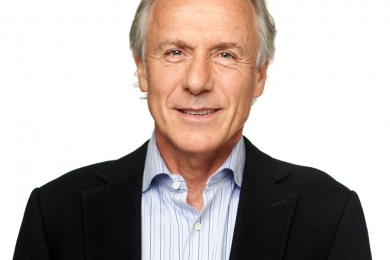
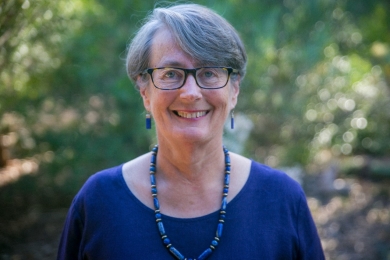

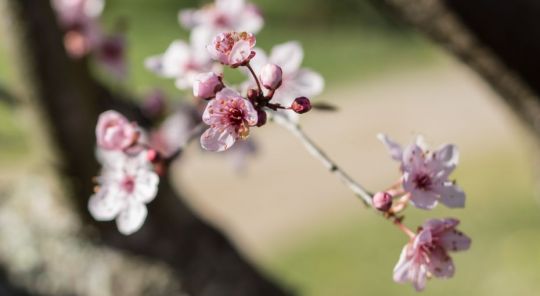
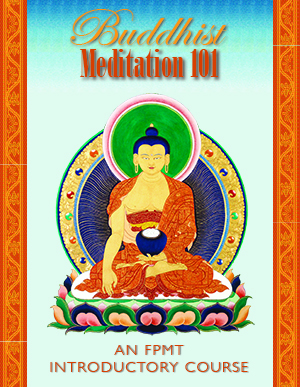 Buddhist Meditation 101
Buddhist Meditation 101